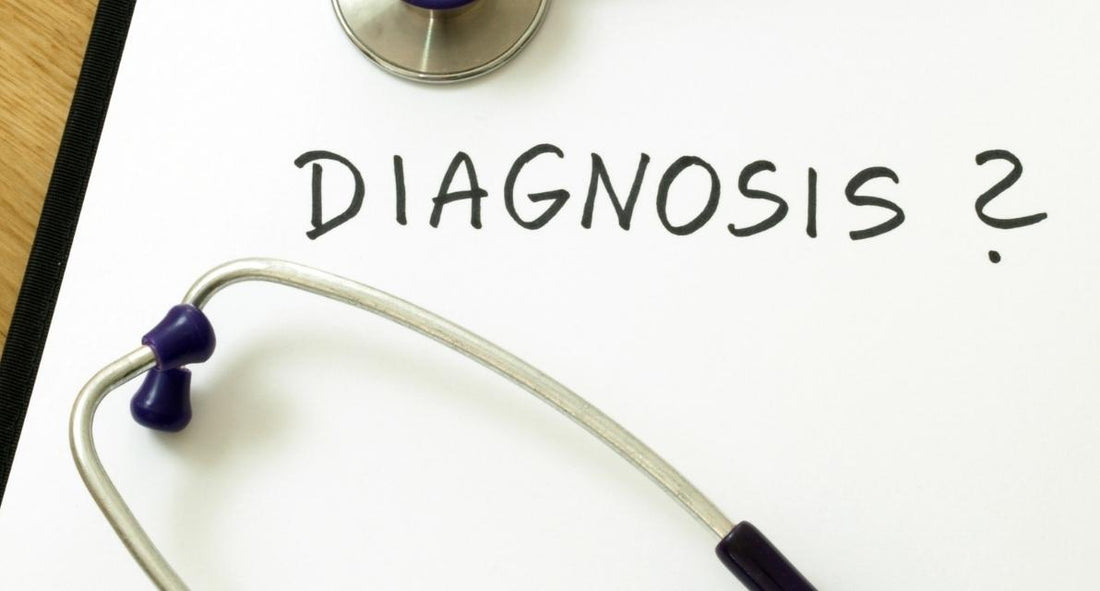Perimenopause: Why Doctors Often Miss The Diagnosis

Share
Some medical conditions are easy to recognize. If you have a fever, sore throat, and cough, you and your doctor immediately recognize that something is wrong. It might be viral, or it might be something that can be treated by antibiotics, but the symptoms are apparent, and physicians have protocols to get to the diagnosis and provide treatment. This scenario is far from the reality when it comes to diagnosing perimenopause.
For those in midlife, the symptoms of perimenopause can be more vague and are often the same as symptoms of other conditions. If one is experiencing mood swings and anxiety, is it perimenopause, or depression, or both? People can face many challenges when it comes to getting the diagnosis and treatment they need to navigate and control perimenopause symptoms.
Here’s my advice on understanding the challenges within our current healthcare system and what you can do to face the problem head on.
Challenge #1: No Standard Criteria For Diagnosis
The problem starts at the beginning: there is no official method of diagnosing perimenopause. This means that different physicians may diagnose and treat perimenopause differently, based on their training and experience.
People born female, on average, reach menopause at age 51, but perimenopause can begin much earlier. Sometimes the declining hormone levels begin in the 40s or even in the 30s. Everyone is unique, and there is a wide range of symptoms and severity.
Without a standardized way to diagnose perimenopause,
– Dr. Mary Claire Haver
symptoms are like pieces of a puzzle that must be put together using a detective-style approach.
Challenge #2: Lack Of Awareness
Unfortunately, perimenopause just isn’t on the radar for many physicians. Some may be quick to look at symptoms like fatigue and mood changes, and attribute them to other issues, missing the root cause of the problem. Historically, there has been insufficient research and healthcare-industry emphasis on women’s health, and this is exemplified in the lack of awareness of perimenopause symptoms, diagnosis, and treatment.
Insufficient Screening
Many physicians do not routinely screen for perimenopause symptoms. Often, the possibility is only discussed when symptoms are severe, or when patients have learned about the symptoms on their own and tell their doctor. The lack of a proactive screening can lead to delays in diagnosis and leave people suffering from symptoms without hope for improvement.










